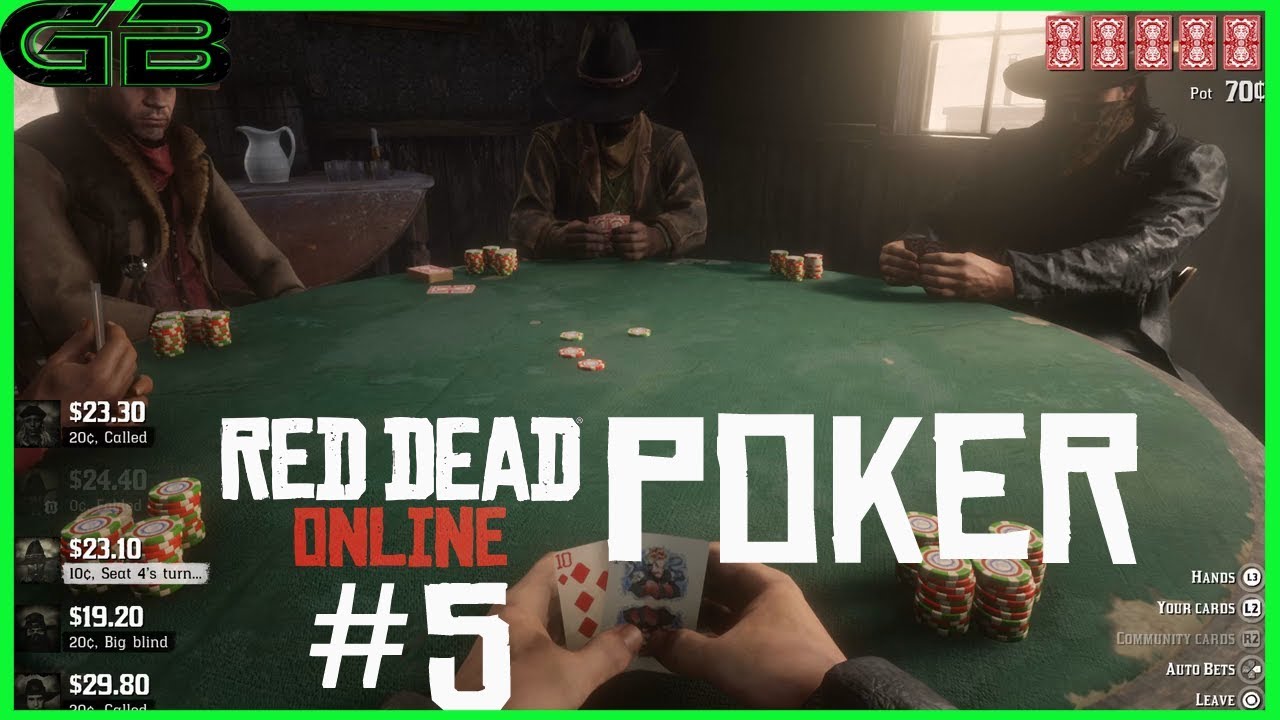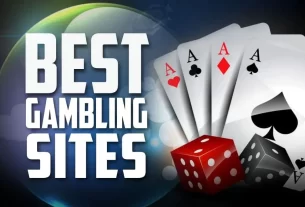Let’s be honest, placing a bet has always been a solitary act. You versus the house. A cold, calculated transaction with a faceless entity. But what if gambling wasn’t so… lonely? What if it was woven into the fabric of social connection, fueled by friendly rivalry and shared knowledge?
Well, that’s exactly the shift happening right now. Social gambling communities and peer-to-peer betting networks are tearing up the old rulebook. They’re transforming a private pastime into a vibrant, collective experience. It’s less about a silent slot machine and more about the buzzing energy of a fantasy football league or a high-stakes poker night with friends.
More Than Just a Bet: The Rise of the Social Gambler
At its core, a social gambling community is a digital gathering place. Think forums, Discord servers, or dedicated app features where bettors congregate. They’re not just there to place wagers. They’re there to talk, to share, to learn. To brag a little, and to commiserate a lot.
The appeal is multifaceted, honestly. It taps into our fundamental need for belonging.
- Collective Intelligence: No one knows everything. In these communities, you get a hive mind of analysis. Someone spots an injury report you missed; another has a deep dive on a team’s performance in rainy weather. It’s a constant stream of curated information.
- Emotional Support (Seriously): A bad beat hurts less when a dozen people are saying, “I can’t believe that happened!” That shared misery is a powerful bonding agent. Conversely, a big win feels amplified when you have an audience to celebrate with.
- Accountability and Trust: Building a reputation in these spaces matters. Consistent, insightful contributors gain respect. This creates a layer of accountability you just don’t get when you’re a random username on a corporate betting site.
Peer-to-Peer Betting: Cutting Out the Middleman
Now, let’s talk about the engine that makes a lot of this possible: peer-to-peer betting networks. This is the real game-changer. Instead of you betting against a bookmaker with its built-in house edge, you’re betting directly against another person.
Here’s the deal. The platform acts as a facilitator—a trusted escrow service and matchmaker. It connects you with someone who has the opposite opinion. You think Team A will win; they’re backing Team B. The platform holds the stakes, ensures the rules are followed, and takes a small commission for the service.
| Traditional Sportsbook | Peer-to-Peer Network |
| You bet against the “house.” | You bet against another user. |
| Odds are set by the bookmaker. | Users often set their own odds and stakes. |
| Built-in house edge guarantees profit for the bookie. | Often better value for the bettor, as the platform’s cut is smaller. |
| Impersonal, transactional feel. | Can feel more like a skilled challenge or a direct wager. |
This model is incredibly powerful. It allows for custom, hyper-specific bets that a traditional sportsbook would never offer. It empowers users and, frankly, often provides better odds. You’re not fighting the house’s profit margin anymore.
Where Community and P2P Collide
The magic really happens when these two concepts merge. A thriving community naturally fuels a peer-to-peer betting ecosystem. Imagine a Discord server for esports fans. The conversation is buzzing about an upcoming match.
Instead of just talking, a user can post: “I’m offering 2-to-1 odds on Team Phoenix to win, stake $20. Anyone want to take the other side?” In seconds, a bet is made within the community. The platform handles the transaction, but the social connection is the catalyst. This creates a dynamic, user-driven marketplace for wagers.
The Unspoken Rules and Real-World Challenges
Of course, it’s not all high-fives and easy money. These ecosystems have their own complexities. Trust is paramount. A user’s reputation—their history of paying out, their quality of analysis—becomes their currency. It’s a system built on social capital.
And then there’s the regulatory gray area. The legality of these networks can be a tangled web, varying wildly by country and even by state. It’s a frontier, and pioneers often face uncertainty. Responsible gambling also takes on a new dimension. The social pressure to join a bet “with the guys” can be intense, blurring the lines between fun and compulsion.
The Human Element: Why This Trend is Sticking
You can replicate odds and betting markets with algorithms. But you can’t algorithmize camaraderie. You can’t code the thrill of a well-argued prediction coming true in front of your peers. That’s the secret sauce.
These communities satisfy a hunger for more than just financial gain. They offer validation, education, and a sense of tribe. For many, the most valuable payout isn’t the money—it’s the respect earned from a sharp call or the shared knowledge gained from a deep discussion.
It’s a shift from gambling as a pure transaction to gambling as a skill-based, social hobby. The bet is just the ticket to the conversation.
A Final Thought
The rise of social gambling and P2P networks signals something fundamental. It shows that even in an increasingly digital world, we crave genuine connection and competition. We want our actions to have a social weight, to be seen and acknowledged by a community that understands the game.
So the next wave of gambling innovation might not be about better odds or flashier games. It might just be about building a better, more human, place to play.





